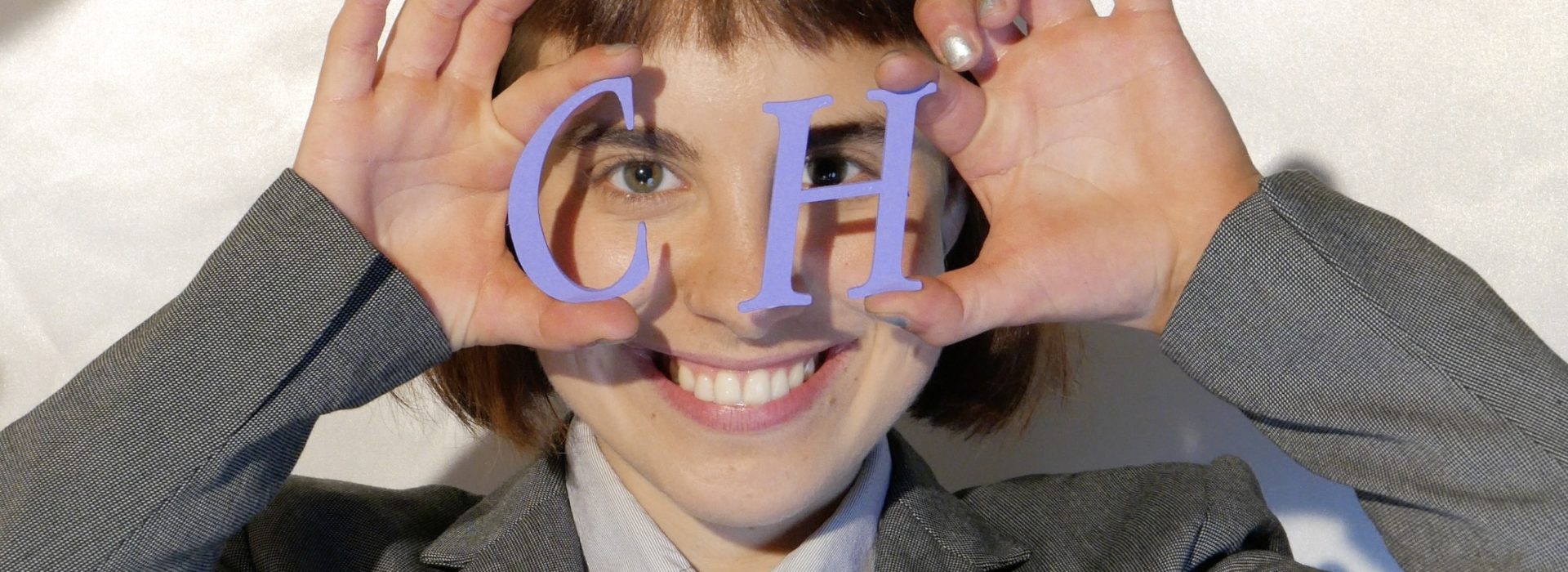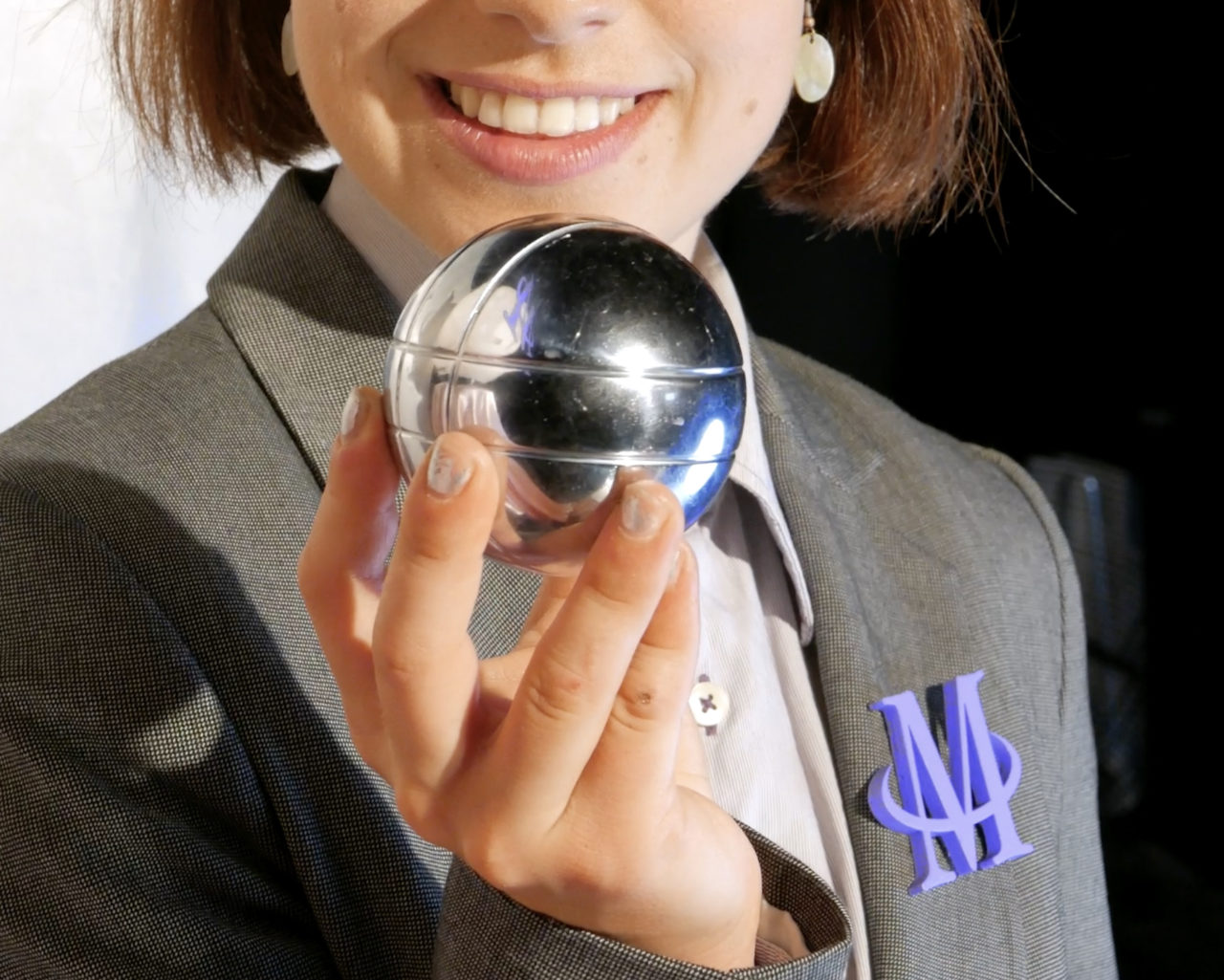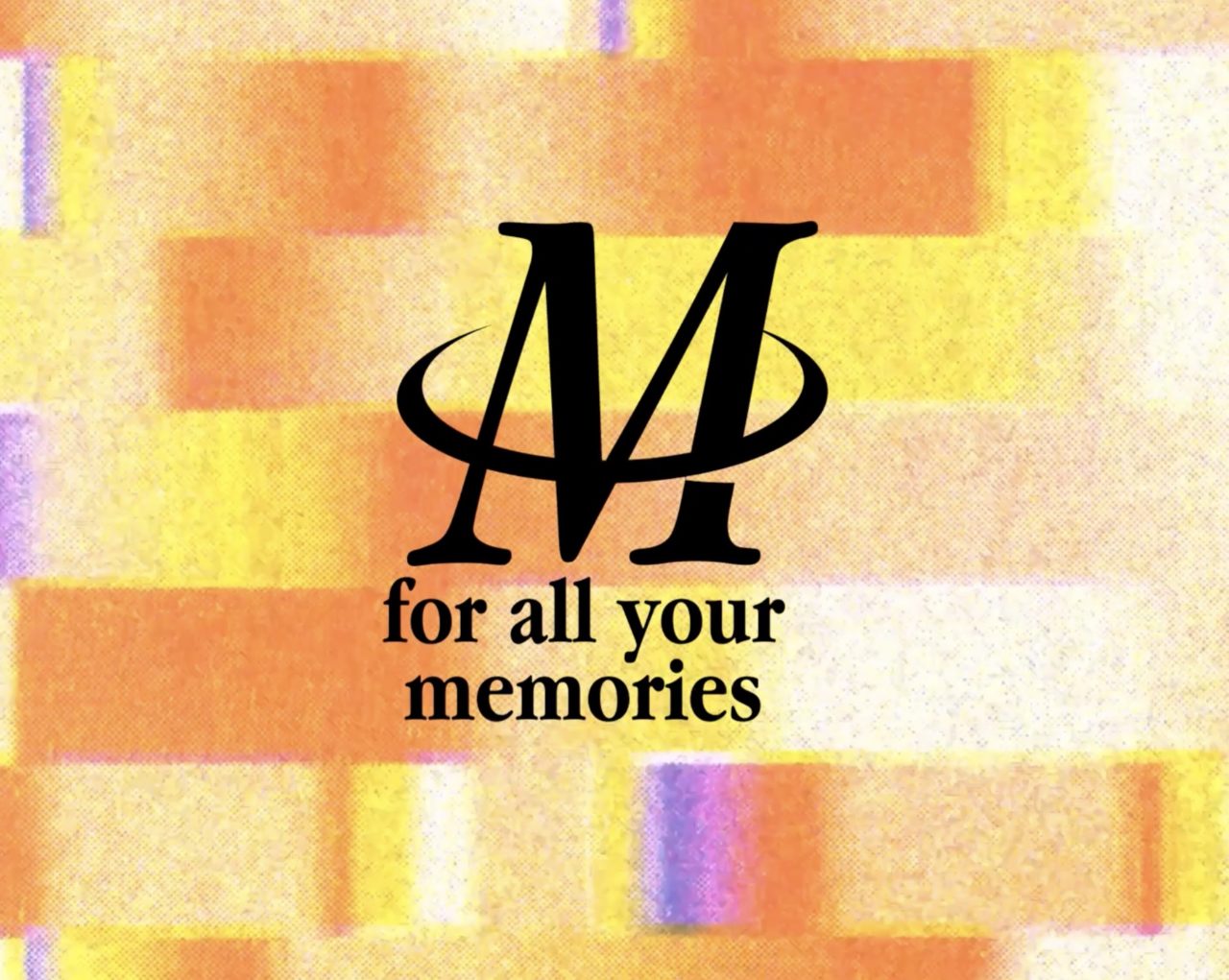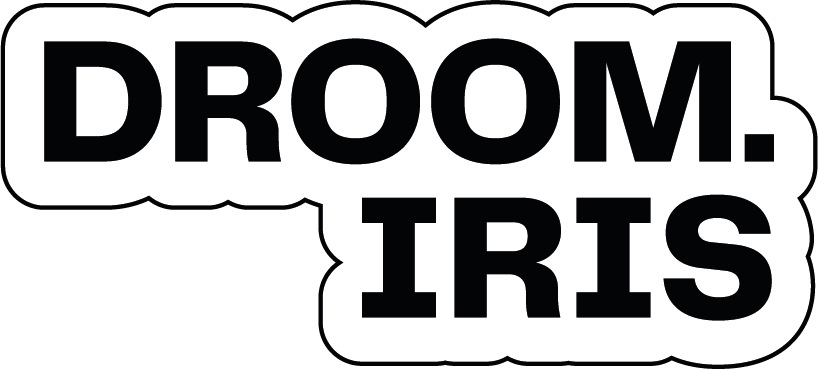Imperishable Memories


When thinking about saving or preserving things, I often think about fossils, books, and photographs. According to anthropologists and historians, It’s in human nature to save and record things. Be it physical items, or online social media accounts filled with photos. Or other data-preserving impulses, which include memories and/or physical items. Together with all of us, we are creating so much data, it’s already almost impossible to track how much data we are creating. What will happen in a hundred years, when we keep producing as much data (or even more) than we are doing today?
I was taking so many useless photo’s, I didn’t even realise it, until my granddad gave me an analog camera. That’s when everything changed. I was, like many others my age, very intrigued by its mechanism. With one roll of film, you could capture whatever you wanted, only 36 pictures (if you were lucky) But I wasn’t only interested in the aesthetics. No. It made me rethink which moments I would capture. It was a whole other experience compared to the mobile phone I was used to. Where I could capture anything I wanted to. I noticed I started selecting the moments I wanted to capture. It made me rethink why I would take photo’s of certain moments and not others.
This made me question, in this world where everything can be saved, where data storage seems unlimited. A world in which 3D scanning objects and/or history is already becoming the norm. When do we decide that something is important, or worth saving? Isn’t in some cases just experiencing the moment itself not enough? Rather than preserve it in another format then the memory in your mind?
What is data? When you think about it everything could be data. The drawings you make on a table, the messages you send to friends, your taxes, the number of kilometres you drive to your work or the nearest store. Even the memories in your head are technically data. Collecting data has been done in various ways in the past, and the different methods of doing so exploded over the past 40 years. Saving something has become a whole new platform compared to all the archives we have kept in the past.
These rapid changes, in such a short time, inspired me to question how it will look in the future. Perhaps, it will be the complete opposite of today, perhaps there could be a storage shortage and we might have to choose what we want to save. All these subjects together raise one central question; what is worth saving? It’s something we can think about now and will think about in the future. When we have millions of folders and files, it’ll take years to sort them out. Many of these memories, no one will ever see or remember. These kind of files are called “dark data” and it takes a lot of energy to preserve them.
Using speculation as a medium, I want to rethink the data we are using, and make people aware of these impulses to create or store “dark data”. I want to think within a future scenario, to show perhaps, a doom scenario of a hoarder of information in the future. Or a very interesting conversation starter. There could be a lack of storage due to people not being able to pick important moments. When looking at data as an artefact, preservation of data could become a luxury in a hundred years, unless we keep a more sustainable approach in mind. By asking questions, or informing people about dark data.

What would you save if there was only storage for one thing?
When taking a look at the less is more ideology, perhaps in an alternative universe, it could be a luxury to save a memory or to save anything at all. Memories could become public domain, similar to how social media functions nowadays.


This short film follows a speculative scenario featuring an agency called Myosotis which saves memories in the future.
What would happen if we could only save one memory due to limited data storage in the future? Is saving something on the Cloud really as trustworthy as it seems?
Two people talk about their experience with this agency in this speculative world. Both sharing different perspectives on this scenario.


